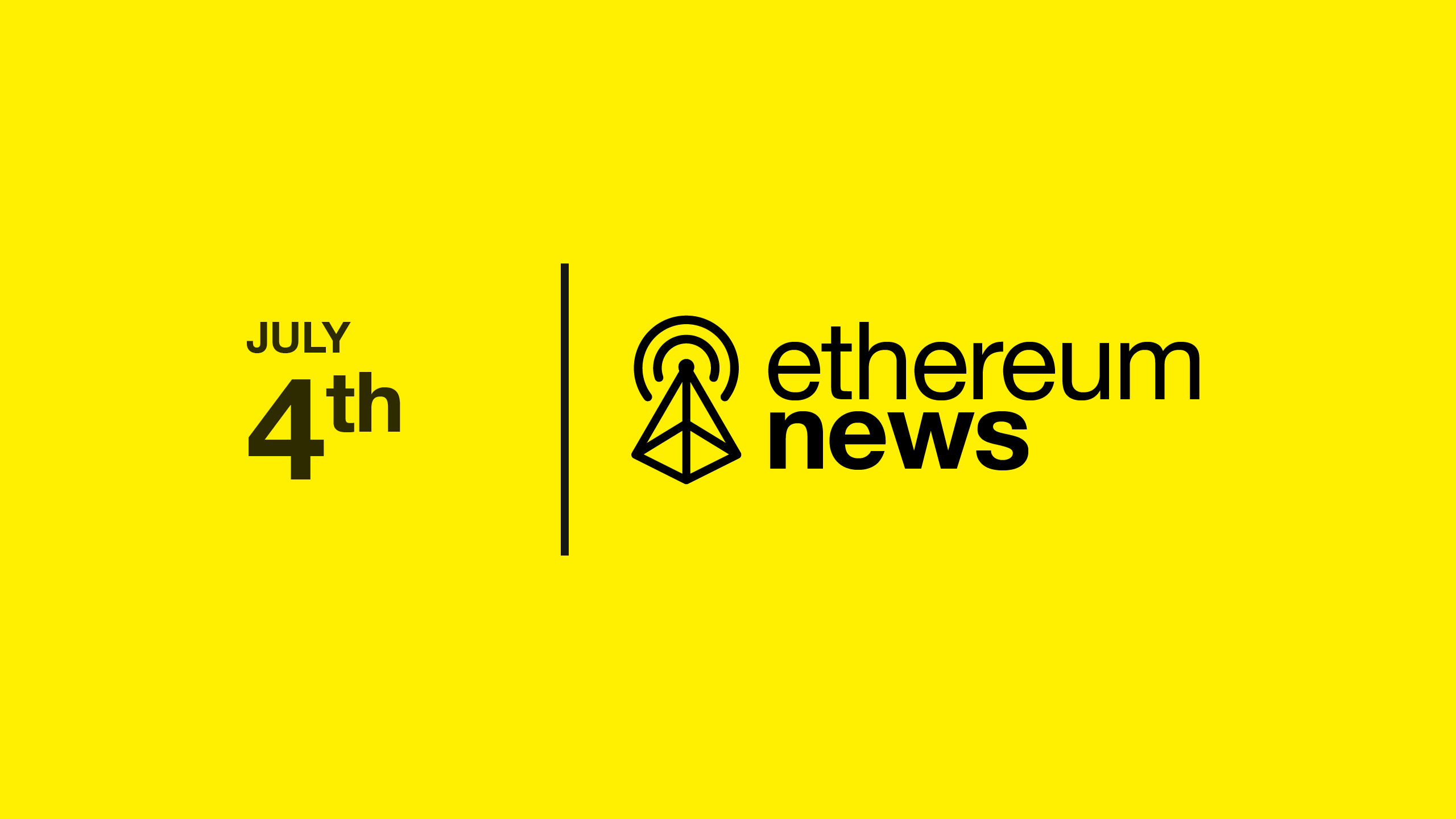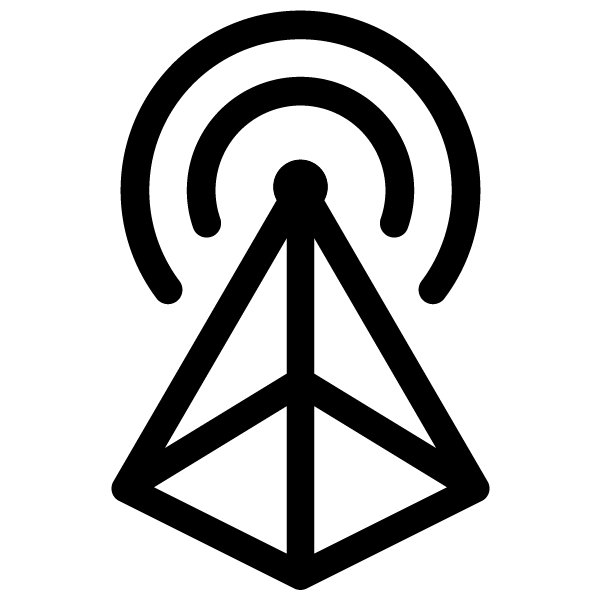ERC-7265 Circuit Breaker Standard
The Circuit Breaker triggers a temporary halt on token outflows in a protocol.

Quick Take
- Developers propose a circuit breaker standard.
- Nouns DAO launches an audit contest.
- Alchemy releases its account abstraction APIs.
- Rocket Pool surpasses 3,000 node operators.
ERC-7265 Circuit Breaker Standard
A group of developers introduced ERC-7265, a draft proposal for a Circuit Breaker standard. The Circuit Breaker triggers a temporary halt on token outflows in a protocol when a certain threshold is exceeded. It provides protocols with a mechanism to respond to vulnerabilities before significant amounts of funds are stolen.
The Circuit Breaker is designed to protect multiple contracts within a single protocol and can be extended to include additional features. The standard allows developers to specify if the circuit breaker contract should delay settlement, temporarily custody outflows during a cooldown period, or revert attempted outflows.
ERC-7265 is currently under discussion on Ethereum Magicians before the standard enters a review phase. Several DeFi protocols, including MakerDAO, have already implemented their own circuit breaker. OpenZeppelin’s Defender Sentinels tool also supports circuit breakers as part of its security monitoring.
Nouns DAO Audit Contest
Nouns DAO is hosting a $100,000 audit contest on Code4rena for its upcoming governor contract V3 upgrade. The third version of the governor contract will introduce Nouns Fork, a mechanism that will allow NFT holders to signal their intention to exit the current instance of the Nouns DAO and move to a new instance.
If a quorum of 20% of tokens signals to exit, the fork will succeed. The V3 upgrade also features proposal editing capabilities, propose by signature, an objection-only period, and votes snapshot after a voting delay. The audit scope includes any potential risks of bricking the DAO and security vulnerabilities in the new V3 contracts. Nouns is a generative NFT project that auctions off an NFT every day and directs proceeds to its DAO treasury, where each NFT holder can vote on proposals.
Alchemy Account Abstraction APIs
Blockchain infrastructure provider Alchemy released its account abstraction APIs for general access. The release includes ERC-4337 bundler APIs, gas manager APIs, and an account abstraction SDK. Account abstraction refers to the use of contract functionality to improve the security and user experience on user accounts.
Powered by a Rust client, the Bundler API allows user operations to be submitted to Smart Contract Accounts using ERC-4337-compliant JSON-RPC endpoints. Alchemy plans to open-source its Bundler API in the future. The APIs and AA SDK are available for apps on Ethereum, Optimism, Arbitrum, and Polygon.
Sismo Launches An App Store
Attestation protocol Sismo launched the Sismo App Store, a hub for discovering Sismo Connect Apps. Developers can create applications using Sismo Connect libraries and request ZK Proofs from users' privately aggregated data. The proofs are verified to determine if users meet specific criteria to access gated applications. The release includes no-code templates for creating apps and adding them to the app store. Sismo uses ZKPs to allow users to authenticate anonymously and view gated content without disclosing their wallet or identity.
Rocket Pool Reaches 3,000 Nodes
Rocket Pool surpassed 3,000 registered node operators, marking a significant portion of all Ethereum node operators. Rocket Pool is the second-largest liquid staking provider with 748k ether staked and over 25,000 active validators. The protocol lowers the barrier to entry for staking on Ethereum by allowing node operators to deploy a minipool with only 8 ether, which is combined with 24 ether from liquid stakers to spin up a validator.

